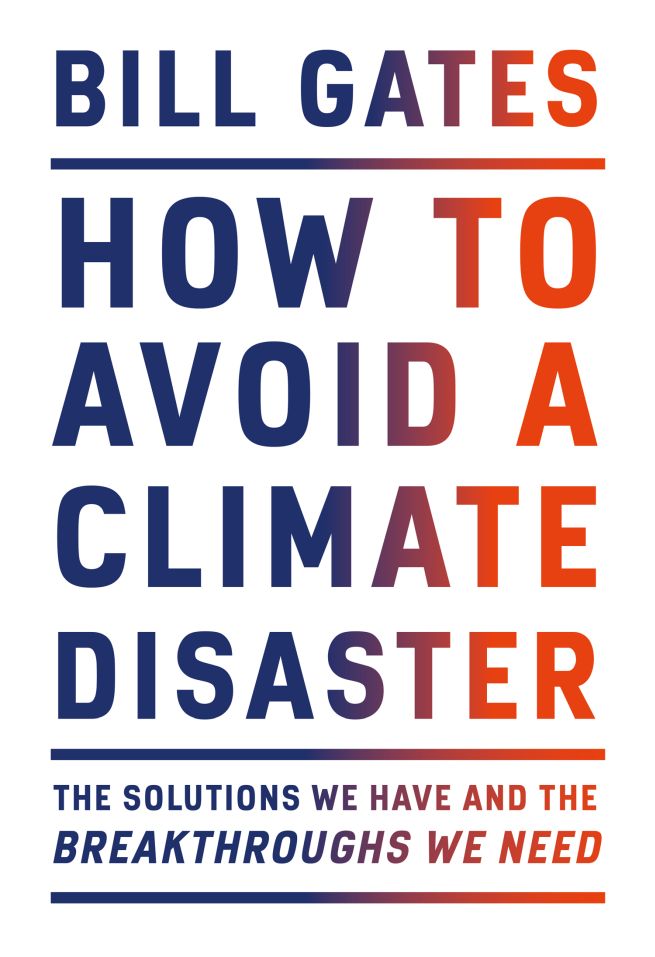

used its - the power of government R&D and private market risk-taking to create these products that will allow you to keep building basic shelter and providing lights at night and air conditioning at a very basic level without the massive emissions that would result if they don't change. And so only through innovations that bring that down by about 95%, then it is reasonable you could say, OK, not only did the U.S. The key thing is that if we - take India as a good example of a developing country whose historical emissions have been very low, but if they keep doing things the same way we've done them, their emissions will be very high. On the fact that developed countries have contributed the most to this problem - and the argument that countries wanting to improve their standard of living should make different choices And that's why you have to know all the different sources of emissions and look at why it's so expensive right now to make those products in a way that does not involve emissions. And so it gets hotter and hotter until you actually get down to the ultimate goal, which is the zero emissions.

And so all the dire effects of coral reefs dying off, of it becoming, you know, basically impossible to work outdoors in the tropical regions - these things are simply proportional to how many of those emissions you make. Sadly, as long as you're emitting CO2, you're causing the temperature to go up. On his belief that the world has to reduce emissions of greenhose gasses from 51 billion tons a year to zero

In his new book How To Avoid A Climate Disaster: The Solutions We Have And The Breakthroughs We Need, he outlines how his own thinking on the topic has evolved over the years - and he describes a path forward that he says everybody can participate in in some way. Now Microsoft co-founder Bill Gates, one of the world's most prominent business leaders and philanthropists - the Bill & Melinda Gates Foundation has been a supporter of NPR - is sharing his thoughts on how to solve it. How to Avoid a Climate Disaster: The Solutions We Have and the Breakthroughs We Need, by Bill GatesĮditor's note: The introduction of this interview with Bill Gates should have stated that the Bill & Melinda Gates Foundation is an NPR funder.Ĭlimate change has been called the greatest existential threat of our time - and it has already had devastating effects on people throughout the world.


 0 kommentar(er)
0 kommentar(er)
